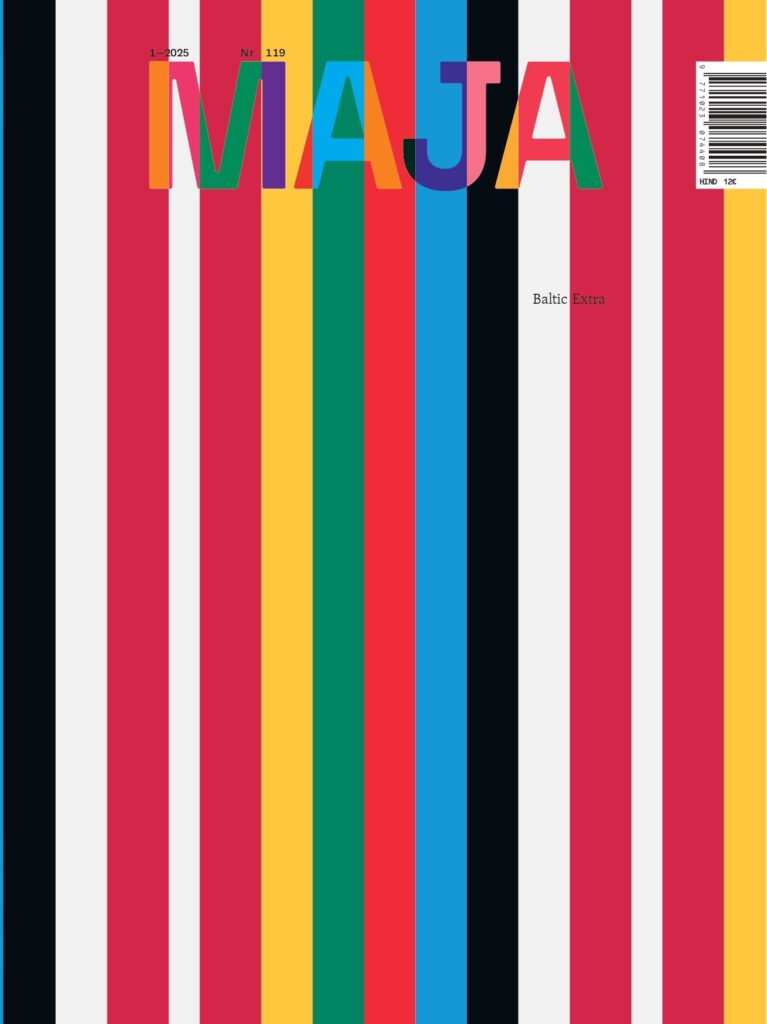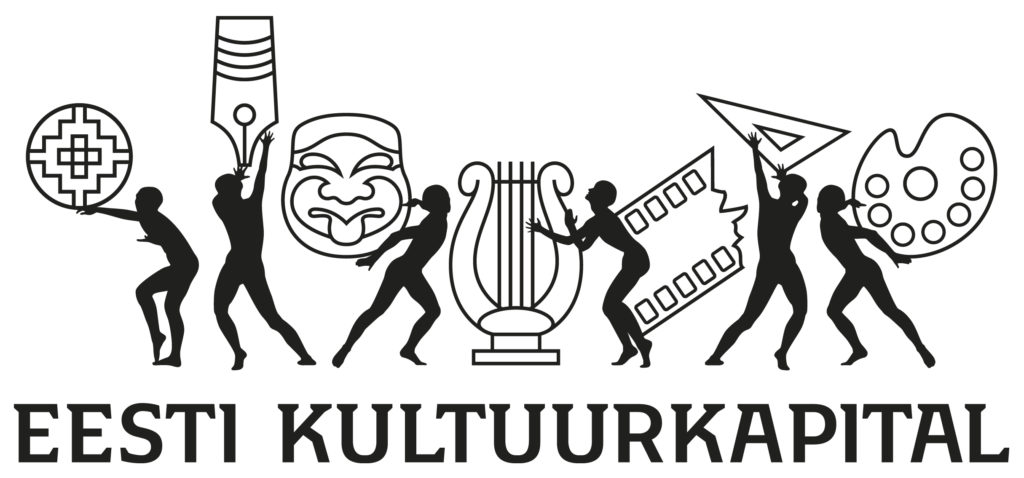Infinity is the concept of zero to get more zeros.
The following 1,398 spaces with characters popped into my mind as one complete package while engaged in pleasant small talk and contemplation of my chosen status as philosopher at the primeval clay table of Restaurant 0, hidden in the terrific sand dunes left to us by the last ice age. And, after having shared a night with my wonderful newly found companions. A really big gang bang! Thank you, Restaurant 0!
De stagnationibus orbium
Physics 0, metaphysics 0, space 0, Restaurant 0! What are these? Res nullius! ‘The zero of zeros, everything is zero’, to paraphrase the Book of Ecclesiastes in the Old Testament. The number zero, which is gradually invented in the 4th century somewhere in South-Asia and which the famous Persian scientist al-Khwarizmi (whose name has birthed the word ‘algorithm’) would very successfully come to promote in the 10th century, is in essence, literally, an Empty Signifier that was meant to denote nothing at all, the Buddhist shunya, the void.
Metaphysics 0 does not take up physical, metaphysical, or any kind of space for that matter. Neither does it belong to anyone—as per Roman law, res nullius is ‘a thing belonging to no one’. When something does not belong to anyone, it clearly belongs to everyone. Among other things, zero annuls power and private property, which is probably what has lent to its popularity among all kinds of anarchists and communists.
Any fool can understand that the best space has always been, but is today, especially—space 0—a space that takes up no space at all. Or takes up very little space. Or furnishes an existing space. Or renounces spatialisation entirely and just vanishes or dissolves. And belongs to no one. Or belongs to everyone. Because—today, it is not the spaces but the entire world that is full, in fact, every place is full of spaces. Very full indeed.
Next: the less things there are, the less space there is since things are what create space, they are not located in space. Therefore, the less buildings, bridges, roads, gods, systems and structures there are, the less our physics and metaphysics take up space and the cosier they feel.
But if everything is zero, then nothing is zero, which means that our newly invented ‘zero’ turned out to be a Trickster and simultaneously had to start signifying the pleroma of being, the immeasurable fullness of being. In fact, every revolutionary invention has a shadow, its own nightmares. Indeed, the world has not been the same since the invention of zero, zero is what is becoming synonymous with infinite growth, evolution, progress, and profit. By the way, European banking did not really take off until zero reached Europe sometime in the 12th century. Pleromatics become mathematics because every number can be added an infinite number of zeros. Every price tag alike. In Western culture, zero is a price tag and as such one of the most powerful market boosters ever. And space that takes up no space—like nature—doesn’t cost anything at all. And as such is the most authentic of market failures. Everything else has to be pimped up with zeros.
That is why every space in our digital neurocapitalism takes up increasing amounts of space. Not only our embodied spaces, but even more so our internal spaces, thoughts, beliefs, ideas, fears, hopes, loves, dreams, egos, spirits, minds. Which mostly means overutilisation of existing space in a most devastating way. For every god 100 new gods, for every house 100 new houses, for every fiction 100 new fictions, etc.

De evolutionibus orbium
That is how manmade spaces sprawl in larger and larger spaces, taking up more and more space, space that makes you feel more and more non, space that multiplies itself independent of the creator. Because every technology has its own logos, its own agenda which the technology implements regardless of its/his/her end user, i.e., the human being. The Greek Euclid designed his geometry as simple, practical land surveying (gē+ metron), to slavishly fill the order placed by the Greek newly rich, who, after having become enriched by innumerable wars would acquire more and more of new pieces of land at wonderfully low prices. And who would then naturally need a reliable technology to appraise their real estate, measure its value and trade with it. Euclid provided the services of the useful idiot and continues to do so today—whenever anyone surveys, purchases, sells or trades so-called real estate, land, forest, etc.
By the way, the English term real estate also refers to a state of consciousness—the so-called ’real thing’. The paradox of owning one’s own space is perpetual fear. The fear of losing that property, the fear that someone might ruin or destroy it, the fear that someone might take it over, etc. The English word having summarises the entire metaphysics of owning nicely, albeit in somewhat of a vulgarly etymological manner. So, what is this owning in the Estonian linguistic and mental space? Having is ’häving’ (transl. destruction, ruin), of course. It might be a good idea to remind ourselves of this from time to time. Perhaps then we and the spaces we create would not take up such enormous amounts of space? Others would get to have some space, too. All the more so as our lives are literally dependent on these others—viruses, bacteria, refugees, different ethnicities, animals, birds, plants, insects. On all sorts of other for that matter—all of whom take up space, that same space that by some divine law seems to belong to us instead.
And as we, with god’s help, have usurped this space, a most paradoxical shift occurs, and we realise that in this new and perfectly Other-less space there is not one who feels good anymore. Neither we nor those few remaining Others—those exceptionally tough survivors, those exceptionally wicked superviruses or bacteria. Who end up destroying us in some insane way. Instead of kindly sharing space with us. True that, crazy is not he who has lost his mind, but he who has lost everything but his mind, as Chesterton would put it. Probably with human individuals in mind, not exceptionally tough and crazy viruses. Which means, that mind is revolutionary, not evolutionary, or stagnant.
De revolutionibus orbium
Is revolution measurable? Yes, it is, every new revolutionary currency features a different image, with Lenin or Washington replaced with, say, Georg Ots, the chess player, or Paul Keres, the attorney-at-law. Or was that the other way round? Or Zuckerberg. Or Musk. Every dawning revolution declares all spaces of the previous revolution—both physical and metaphysical—false and hazardous. Entire infra- and meta-structures have been proclaimed capitalist or communist or whatever relic from the past whose annihilation is due. Such as God or the narrow-gauge railroad of the 1960s’ Estonian Soviet Socialist Republic. Or the forest today. The forest is demonically dangerous, is it not, and a wild communist atavism, and as such must be eradicated. By God (who spent a while in intensive care), people must not remember that the forest is so-called joint property of the people. No wonder then that people in Western type cultures always prefer a revolution. Yes, as you can take part in it, you do not have to wait until tomorrow with it, it is hic et nunc, it is fun, it is sexy. Above all, it provides the liberty to go batshit on any space of your choosing. But, revolution is also measurable via safe categories and can be visualised with CAD, for example.
Of course, evolution is also measurable and even visualisable; let us recall textbook images of the hairy primate with a bat, down on all fours, who eventually turns into an English gentleman with a top hat and sophisticated sideburns. Despite all that, evolution is still sooooo boring and sooo slow, requires soooo much time and sooooo much crazy competence which no revolutionary culture could ever have.
Imagine the song master Silver Sepp passionately carolling, ‘There is evolution in every soul, let your heart speak’. Well, okay, evolution is only in the souls of raging neodarwinists, in Dennett’s, Dawkins’ and Pinker’s soul, maybe. In my soul there is no evolution, much less is there any revolution. I feel sick to my stomach every time developers show up. And clearly, I am not the only one who wants to barf at all kinds of developing. My heart surrenders to quietly streaming stagnation, overgrown retardation, a bog island of standstill, a babbling steady state, a quicksand of balance, maybe even level heaps of harmony. Or a trap. Or zen. Or IDGF. Are those measurable? Modellable? Testable? Certifiable? Licencable? Authorisable? Where is the structure, the system, the reference, the touchstone, the profit, or the ruler? There is no beginning and no end. Measuring is impossible. There is neither revolution—nor is there profit, growth, or progress. There is nothing. Only smog, a raindrop, or a sunspot. Only a big fat zero.

KALEV RAJANGU is a cultural historian, model, gravedigger, and musician.
PHOTOS by Tõnu Tunnel
PUBLISHED: Maja 107 (winter 2022) with main topic Evolution or Revolution?
SEE ALSO: Hannes Praks, ‘Restaurant 0 and a low-tech table’





